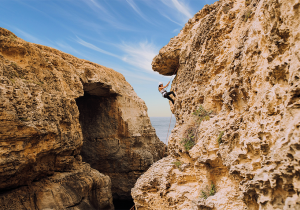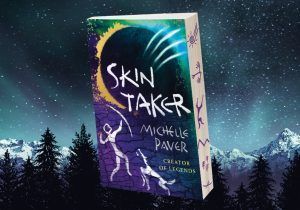
Alien investigation primary resource
Explore some of the most well-known alien mysteries
This primary resource introduces children to the idea of extraterrestrial life. Discover some of the most well-known alien mysteries. What happened at Area 51? Why is Roswell famous as the site of an alien encounter? What do experts say about these mysteries?
Pupils will learn about how to use and review case studies, and critique evidence in our National Geographic Kids’ Alien investigation primary resource sheet.
The teaching resource can be used in study group tasks centred around investigating and evaluating evidence. It can be used as a printed handout for each pupil to review and annotate, or for display on the interactive whiteboard for class discussion.
Activity: Read the alien investigation case studies. Ask children to identify and highlight key pieces of evidence. In groups, or as a whole class, pupils could discuss the four case studies, and take a vote on what they think, using the boxes provided. As a class, read the additional information from the Search for Extraterrestrial Intelligence institute and discuss whether this changes any of their votes. Pupils could make a table with one column labelled ‘facts’ and the other ‘opinions’, and sort the key information they’ve highlighted into these two categories. Extend more able pupils by asking them to carry out further research into the case studies.
N.B. The following information for mapping the resource documents to the school curriculum is specifically tailored to the English National Curriculum and Scottish Curriculum for Excellence. We are currently working to bring specifically tailored curriculum resource links for our other territories; including South Africa, Australia and New Zealand. If you have any queries about our upcoming curriculum resource links, please email: schools@ngkids.co.uk
This ‘Investigating evidence’ primary resource assists with teaching the following Spoken language English objectives from the National Curriculum:
Pupils should be taught to:
- listen and respond appropriately to adults and their peers
- ask relevant questions to extend their understanding and knowledge
- articulate and justify answers, arguments and opinions
- give well-structured descriptions, explanations and narratives for different purposes, including for expressing feelings
- maintain attention and participate actively in collaborative conversations, staying on topic and initiating and responding to comments
- use spoken language to develop understanding through speculating, hypothesising, imagining and exploring ideas
- participate in discussions, presentations, performances, role play, improvisations and debates
- consider and evaluate different viewpoints, attending to and building on the contributions of others
National Curriculum Upper Key Stage 2 English objectives:
Pupils should be taught about:
- distinguish between statements of fact and opinion
- retrieve, record and present information from non-fiction
- explain and discuss their understanding of what they have read, including through formal presentations and debates, maintaining a focus on the topic and using notes where necessary
This Investigating evidence primary resource assists with teaching the following Social studies Early level objectives from the Scottish Curriculum for Excellence:
- I am aware that different types of evidence can help me to find out about the past.
Scottish Curriculum for Excellence Social studies First level objectives:
- I understand that evidence varies in the extent to which it can be trusted and can use this in learning about the past.
Scottish Curriculum for Excellence Social studies Second level objectives:
- I can use primary and secondary sources selectively to research events in the past.
Scottish Curriculum for Excellence Social studies Third level objectives:
- I can use my knowledge of a historical period to interpret the evidence and present an informed view.
- I can evaluate conflicting sources of evidence to sustain a line of argument.
Download primary resource
More Like

Jurassic World: Camp Cretaceous

11 of the most valuable kids’ books of all time

Family summer holidays









LEAVE A COMMENT
THANK YOU
Your comment will be checked and approved shortly.
WELL DONE,
YOUR COMMENT
HAS BEEN ADDED!
COMMENTS
CUSTOMIZE YOUR AVATAR